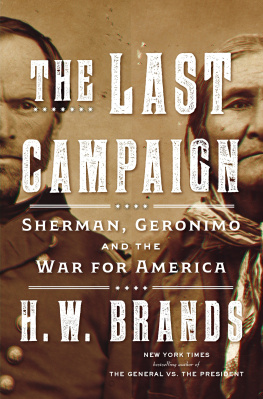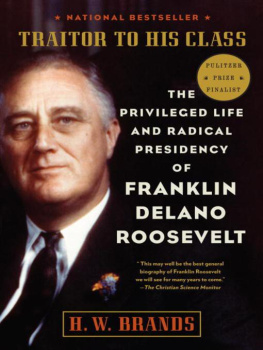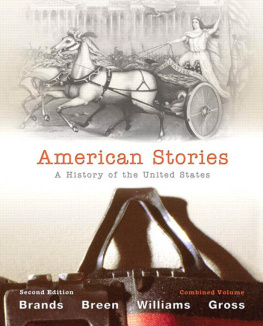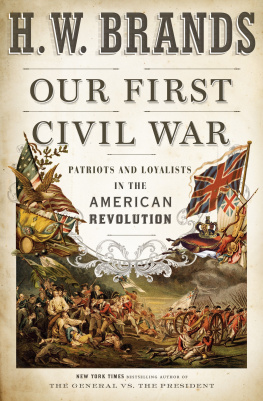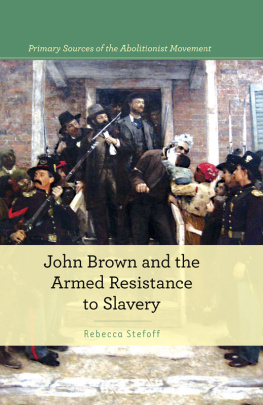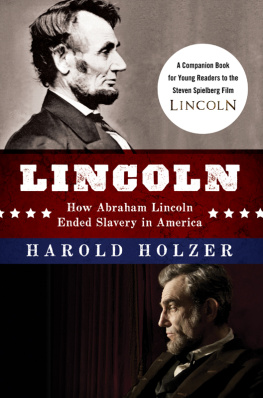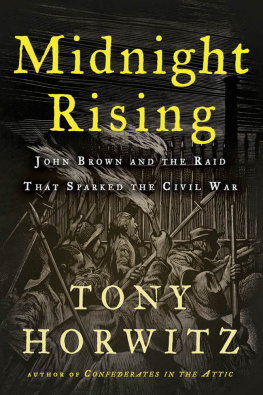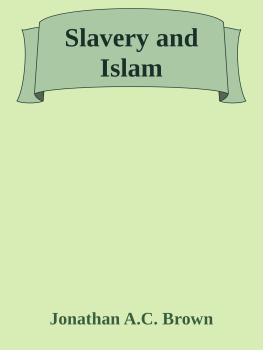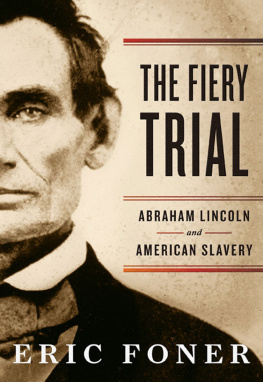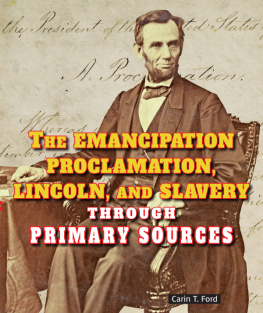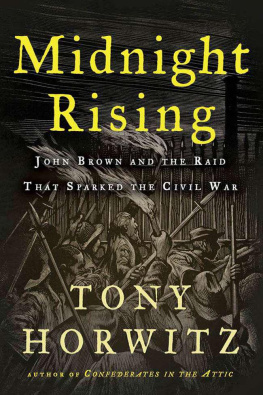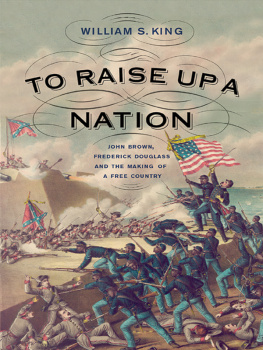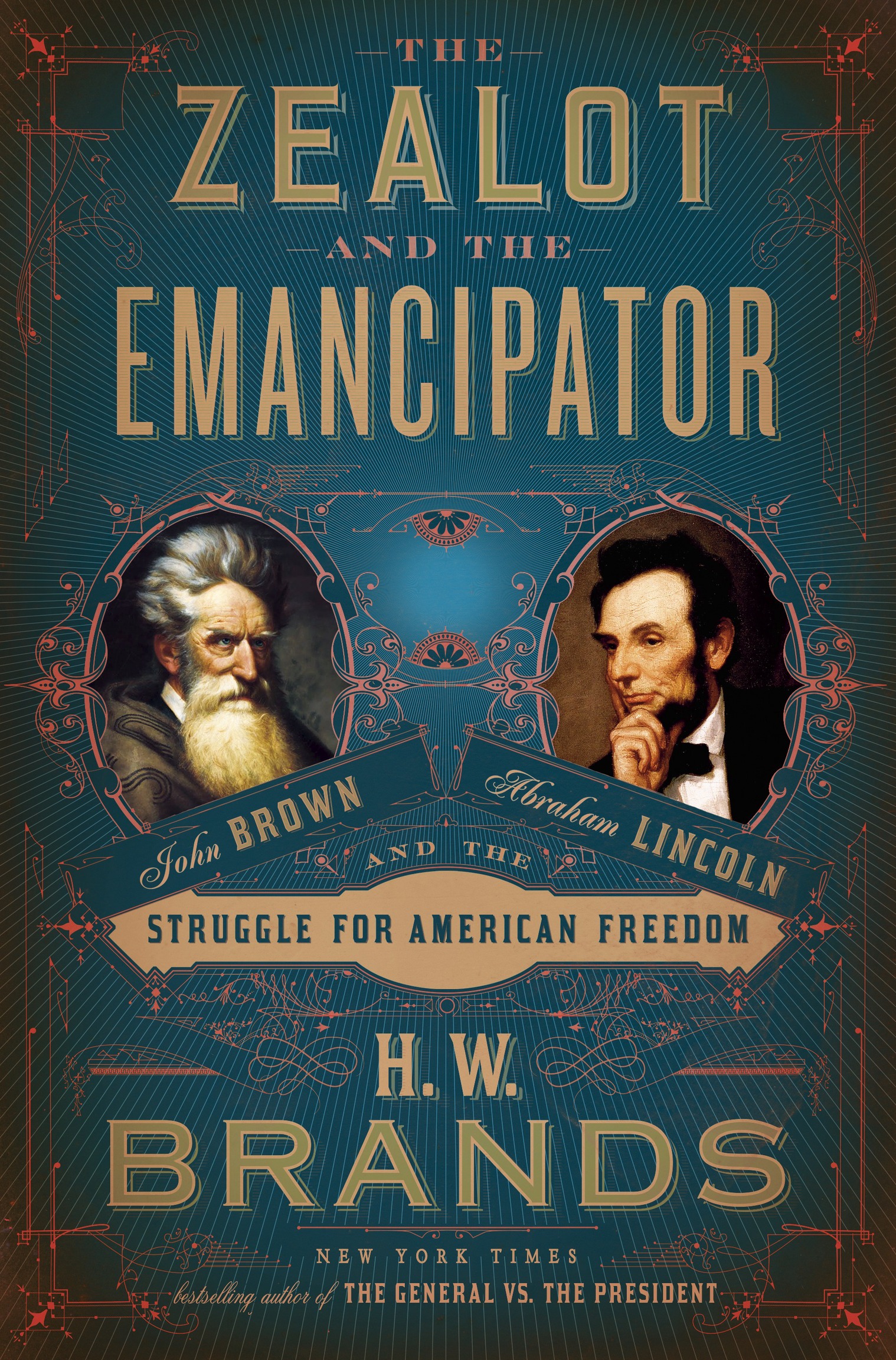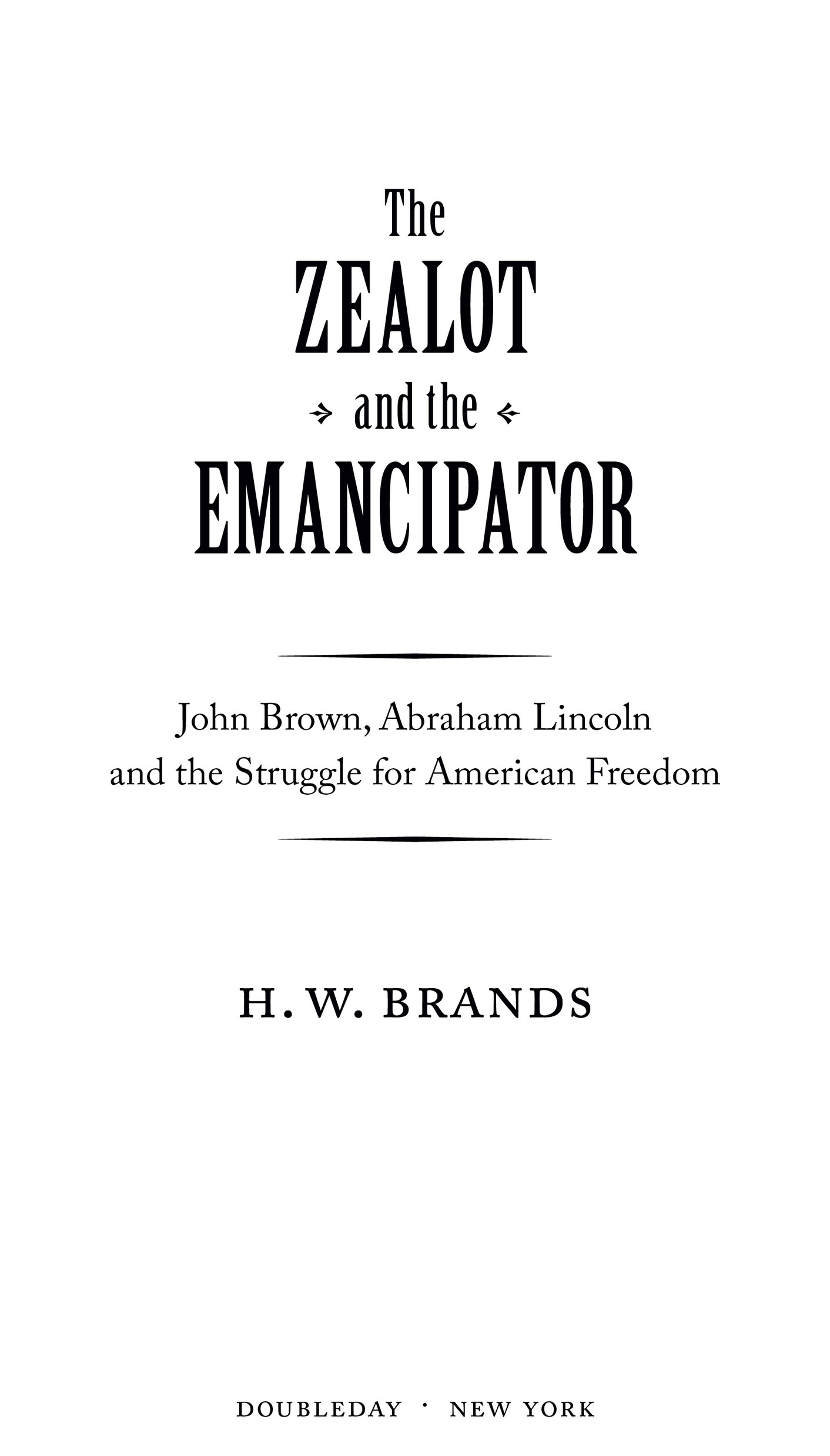ALSO BY H. W. BRANDS
The Reckless Decade
T.R.
The First American
The Age of Gold
Lone Star Nation
Andrew Jackson
Traitor to His Class
American Colossus
The Murder of Jim Fisk for the Love of Josie Mansfield
The Heartbreak of Aaron Burr
The Man Who Saved the Union
Reagan
The General vs. the President
Heirs of the Founders

Copyright 2020 by H. W. Brands
All rights reserved. Published in the United States by Doubleday, a division of Penguin Random House LLC, New York, and distributed in Canada by Penguin Random House Canada Limited, Toronto.
www.doubleday.com
DOUBLEDAY and the portrayal of an anchor with a dolphin are registered trademarks of Penguin Random House LLC.
Portraits of Frederick Douglass courtesy of the Art Institute of Chicago and the National Portrait Gallery. To Colored Men! broadside courtesy of the National Archives. All other images courtesy of the Library of Congress.
Cover paintings: John Brown by Ole Peter Hansen Balling, 1872. Courtesy of the National Portrait Gallery, Smithsonian Institution; Abraham Lincoln by G.P.A. Healy White House Collection/White House Historical Association
Cover design by Michael J. Windsor
Library of Congress Cataloging-in-Publication Data
Names: Brands, H. W., author.
Title: The zealot and the emancipator : John Brown, Abraham Lincoln and the struggle for American freedom / H. W. Brands.
Description: First edition. | New York : Doubleday, [2020] | Includes bibliographical references and index.
Identifiers: LCCN 2019036370 (print) | LCCN 2019036371 (ebook) | ISBN 9780385544009 (hardcover) | ISBN 9780385544016 (ebook)
Subjects: LCSH : Brown, John, 18001859. | Lincoln, Abraham, 18091865. |
AbolitionistsUnited StatesBiography. | PresidentsUnited
StatesBiography. | Antislavery movementsUnited StatesHistory19th century. | Harpers Ferry (W. Va.)HistoryJohn Browns Raid, 1859. |
United StatesHistoryCivil War, 18611865Causes. | United StatesHistory19th century.
Classification: LCC E 451 . B 795 2020 (print) | LCC E 451 (ebook) | DDC 326/.80922 [ B ]dc23
LC record available at https://lccn.loc.gov/2019036370
LC ebook record available at https://lccn.loc.gov/2019036371
Ebook ISBN9780385544016
ep_prh_5.6.0_c0_r0
Contents
Prologue
T HE PRISONER RAISED himself on his elbow and picked up his pen. The effort stabbed his side and stole his breath. My Dear Wife, and Children Every One, he wrote. I suppose you have learned before this by the newspapers that two weeks ago today we were fighting for our lives at Harpers Ferry.
John Brown shifted and tried to get comfortable. The wounds to his head had begun to heal, though they still looked a fright. But the gash in his side caused him searing pain. If he lay quietly and breathed softly, he could almost forget the saber thrust that had nearly killed him, yet the slightest shifting brought the bloody moment back. In all his life he had never spent so much time immobile. He supposed being in jail had its blessings.
That he was in jail and not in a grave was a minor miracle. John Brown believed in miracles. He believed in the God of the Old Testament, the author of miraculous sea partings and towering pillars of fire. The God of the New Testament, of quotidian wonders like multiplying loaves and fishes, he found less compelling. John Brown believed that God spoke to men. He believed God had spoken to him. God had commanded him to make war on the great wickedness of his country: slavery. John Brown had heeded the call and traveled to Kansas, where he had fought the agents of the slave power. He had come to Virginia to advance the struggle.
And now, in the waning autumn of 1859, he lay on a cot in a cell in Charles Town, the county seat for Harpers Ferry. He hadnt told his wife his plans; better she not know the risks he was taking. She would have heard eventually. Yet after what had happened, he assumed she had learned the news from the papers. She might not know she had lost two sons. In any case she should hear it from him. During the fight Watson was mortally wounded, he wrote. Oliver killed.
The pain of the writing compelled him to stop every few sentences. He would add more later.
ABRAHAM LINCOLN SHUDDERED on reading the news of John Browns crime. From his law office in Springfield, Illinois, Lincoln had been plotting his return to public office. A decade had passed since his single term in Congress had ended, taking with it, apparently, his hopes of becoming someone important. He had talent; he knew he had talent. His mind was as sharp as the next mans, and sharper than that of anyone he knew with as little education as he had received. He could talk; he could amuse friends and persuade juries. He was a good lawyer, the best in Springfieldthough he realized this wasnt saying a lot. A man of slighter ambition would have been content with how far he had come from the backwoods of his birth.
Or maybe it wasnt ambition per se. Perhaps the need to do something more, to win the praise of those around him, was his manner of fighting the melancholy that recurrently settled upon him and caused him to question whether life was worth living.
He had been making progress. His old political party, the Whigs, had gone to pieces amid the strife that was tearing the country apart. He had leaped from the wreck to a new party, the Republicans. He had traveled around Illinois speaking to Republican meetings large and small. He had locked horns with the Republicans chief tormentor, Senator Stephen Douglas. He had carefully positioned himself among the Republicans on their defining issue: slavery. Not for Lincoln the uncompromising ultraism of those who demanded immediate abolition, or the moral absolutism of those who held that a higher law than the Constitution must govern the country on the slave question. No, Lincoln embraced the Constitution, fervently yet moderately, arguing that though it allowed the exclusion of slavery from the federal territories, it protected slavery in the states that chose to preserve it.
But now this. Lincoln knew that John Browns assault on Harpers Ferry would be blamed on all Republicans. Black Republicans, they were called by their opponents, for the darkness imputed to their motives and their solicitude for the welfare of black slaves. John Brown lent credence to the slur. He committed murder and treason, and tried to start a war of black slaves against white masters. And he did so, apparently, as part of a broad conspiracy against the South.
Lincoln wondered if Browns extreme act had rendered moderation untenable. The South was closing ranks more tightly than ever against any challenge to its peculiar institution. Meanwhile many Northerners were making a hero of Brown, praising him for striking the blow against slavery their consciences told them they should have made.
Lincoln looked at the walls of his office. In the past few years he had been able to see beyond them. He had managed to push back the melancholy as he returned to political life. Now this. The walls closed in. The melancholy settled upon him once more. Lincolns mother had taught him not to swear, but in his heart he was tempted to curse John Brown.


